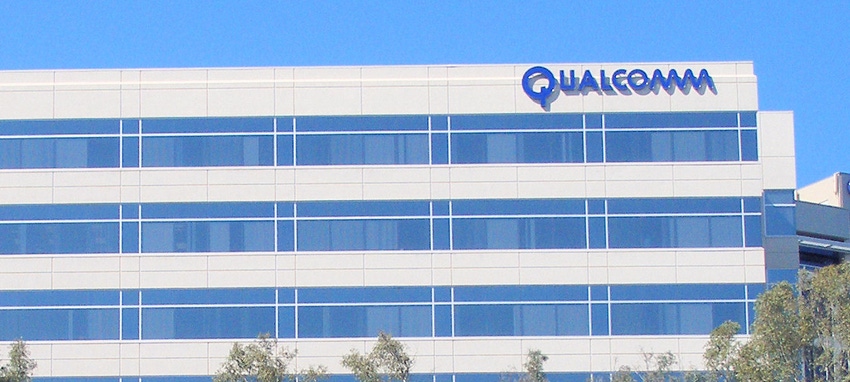The European commission has sent two statements of objection to Qualcomm in an escalation of the antitrust investigation it started in July.
December 8, 2015

The European commission has sent two statements of objection to Qualcomm in an escalation of the antitrust investigation it started in July.
The investigation centers on the question of whether Qualcomm has used its strong position in the baseband chip market to stifle competition, either by paying customers for exclusivity or by selling its own products below cost.
“The European Commission has informed Qualcomm of its preliminary conclusions that the chipset company illegally paid a major customer for exclusively using Qualcomm chipsets and sold chipsets below cost with the aim of forcing its competitor Icera out of the market, in potential breach of EU antitrust rules,” said the EC statement.
This is the first time a specific competitor has been named in the case and it’s an intriguing one as Icera was acquired by chip company Nvidia in 2011. After trying to establish itself in the baseband game for four years Nvidia threw in the towel earlier this year with an announcement that it is winding down its Icera operations. The mention of Icera makes it likely that Nvidia has been instrumental in bringing this case to the attention of the EC, and that Nvidia thinks Qualcomm machinations were instrumental in Icera’s failure.
Funnily enough the first statement of objections alleges that Qualcomm has been paying off an unnamed “major smartphone and tablet manufacturer” since 2011. It also says the contract containing the exclusivity clause is still in effect so that’s four years of potential exposure for Qualcomm. It’s not clear whether the manufacturer might also be sanctioned.
The second statement specifically refers to Icera, and alleges that Qualcomm engaged in ‘predatory pricing’ to stifle the growing competitive threat from Icera between 2009 and 2011. “In the Commission’s preliminary view, Qualcomm reacted to that threat by selling certain quantities of its UMTS baseband chipsets to two of its customers at prices that did not cover Qualcomm’s costs, with the aim of forcing Icera out of the market,” said the EC statement.
“Many consumers enjoy high-speed internet on smartphones and other devices – baseband chipsets are key components that make this happen,” said Competition Commissioner Margrethe Vestager. “I am concerned that Qualcomm’s actions may have pushed out competitors or prevented them from competing. We need to make sure that European consumers continue to benefit from competition and innovation in an area which is at the heart of today’s economy.”
Qualcomm has issued a statement of its own, stressing that these matters had been previously disclosed by the company and clarifying that the second statement refers specifically to three chipsets that were incorporated into USB connectivity dongles, designed for laptops.
“Qualcomm has been cooperating with the Commission since the outset of these matters, and now that we’ve received the Statements of Objections, we welcome the chance to formally respond,” said Qualcomm General Counsel, Don Rosenberg. “We look forward to demonstrating that competition in the sale of wireless chips has been and remains strong and dynamic, and that Qualcomm’s sales practices have always complied with European competition law.”
The EC has given Qualcomm three months to respond to the first objection and four months for the second, during which it will be working on ways to change the Commission’s mind.
About the Author(s)
You May Also Like








.png?width=300&auto=webp&quality=80&disable=upscale)


_1.jpg?width=300&auto=webp&quality=80&disable=upscale)


.png?width=800&auto=webp&quality=80&disable=upscale)